Table of Contents
Lithium Reserves in India
The Geological Survey of India (GSI) is currently conducting exploration for lithium reserves and related materials in eight states and Union territories during the field season 2022-2023. These states include Rajasthan, Chattisgarh, Jharkhand, Arunachal Pradesh, Nagaland, Meghalaya, Ladakh, and Gujarat. The GSI is building on scientific evidence suggesting the presence of lithium in the Nagaur area of Rajasthan, where a resource of 2.5 million metric tons of lithium is present in the granite. Meanwhile, preliminary exploration for lithium and associated minerals in the Katghora-Rampur area, Korba District, Chhattisgarh, has reached the G3 level.
Lithium is also being surveyed in and around the Tilaiya Block in the Koderma District of Jharkhand, where geochemical mapping has shown high concentrations of lithium, cesium, and other elements. The GSI’s current exploration activities assume importance given that India’s electric vehicle (EV) sector is still totally dependent on imports, particularly from China, for its lithium requirements.
Uses of Lithium in EVs
Lithium is used in the battery of EVs due to its chemical properties. Now let me tell you how Li-ion battery adds to the vehicle cost.
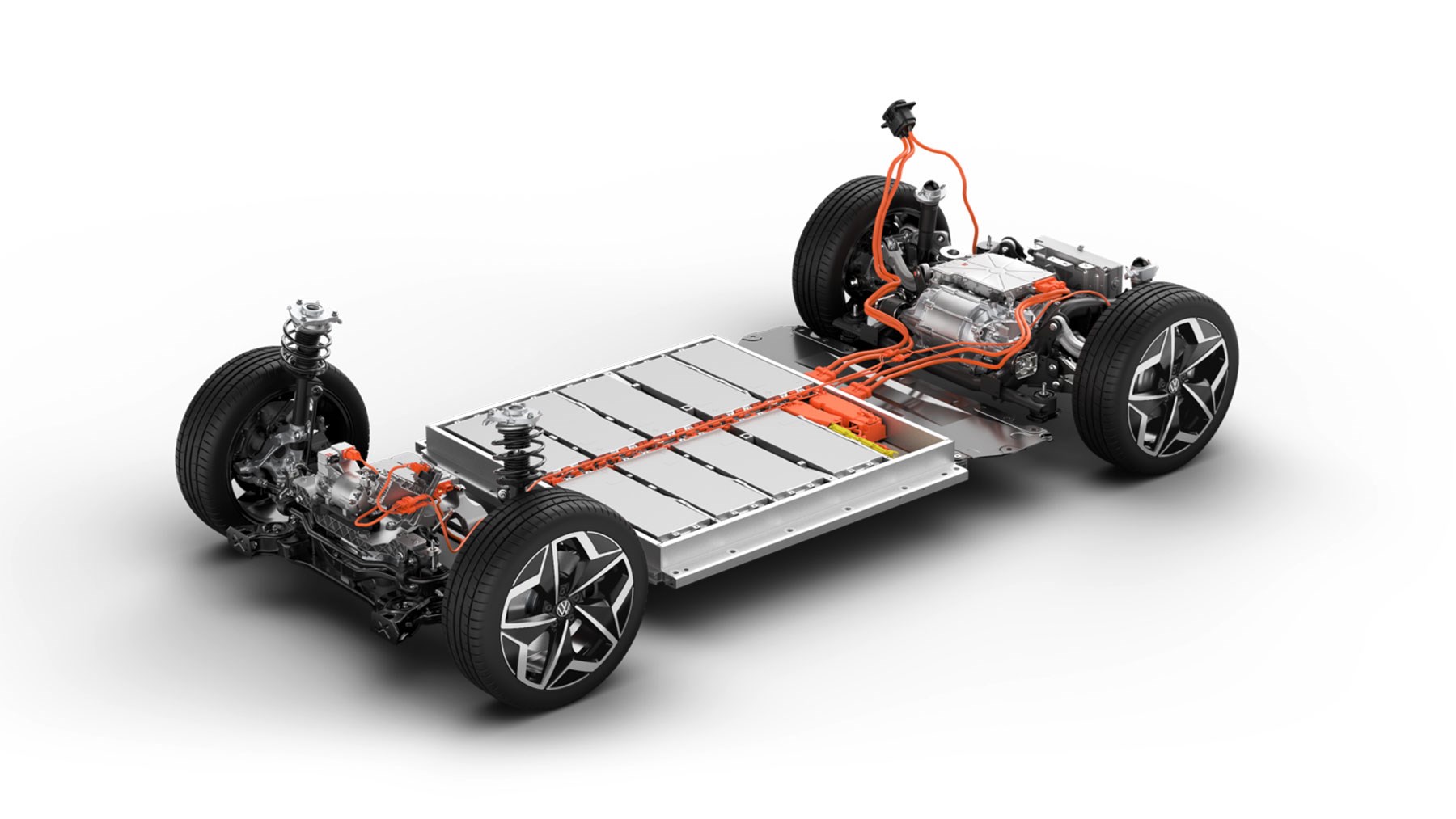
Did you know that the battery pack is the most expensive part of an electric car, costing about a third to almost half of the vehicle’s total price? To encourage the use of electric cars and decrease our reliance on oil, the government planned to give companies $4.6 billion in incentives to build advanced battery production facilities in 2020. This move is expected to make electric cars more affordable and accessible to more people, helping to transition to a cleaner, greener future.
Exploration of Any Resources
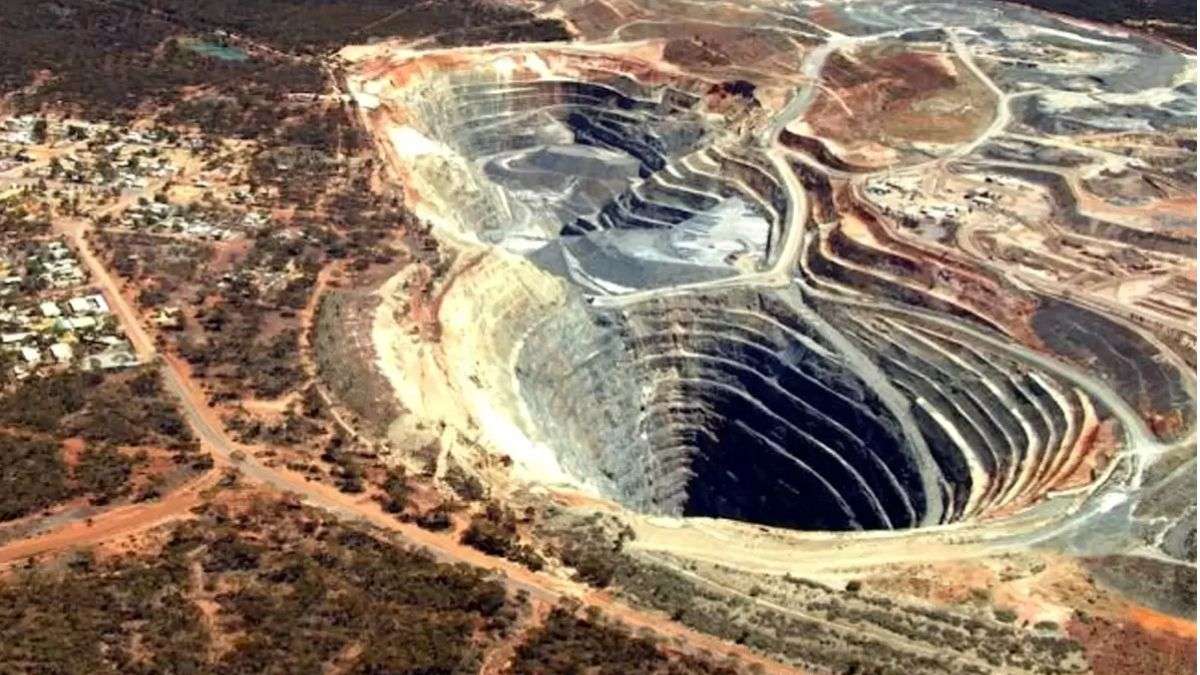
Mining is a complex process that involves different stages of exploration. The United Nations Framework Classification for Resources (UNFC) has classified mineral exploration into four stages. These stages are important because they help mining companies and investors understand the level of risk and potential reward associated with each stage.
Stage 4
The first stage of mineral exploration is called reconnaissance, or G4. At this stage, geologists conduct a preliminary survey of the land to identify areas that may contain minerals. This survey may involve collecting samples of soil, rocks, and other materials to analyze in a laboratory.
Stage 3
The next stage is preliminary exploration or G3. At this stage, geologists will conduct a more detailed survey of the areas identified in the reconnaissance stage. This survey may involve drilling boreholes or using geophysical methods to identify the location and size of mineral deposits.
Stage 2
General exploration, or G2, is the next stage. At this stage, mining companies will start to invest significant resources into exploring and evaluating the mineral deposits. This may involve drilling deeper boreholes, taking more samples, and conducting more sophisticated analyses.
Stage 1
The final stage is detailed exploration or G1. This is the stage where mining companies have identified a promising mineral deposit and are now working to determine the quantity and quality of the minerals present. This may involve drilling even deeper boreholes, taking more detailed samples, and conducting extensive laboratory testing.
Overall, these four stages of exploration are critical for mining companies to understand the potential of a mineral deposit and the level of investment required to develop it. By following these stages, mining companies can minimize risk and maximize potential rewards.
Benefits to India of Lithium
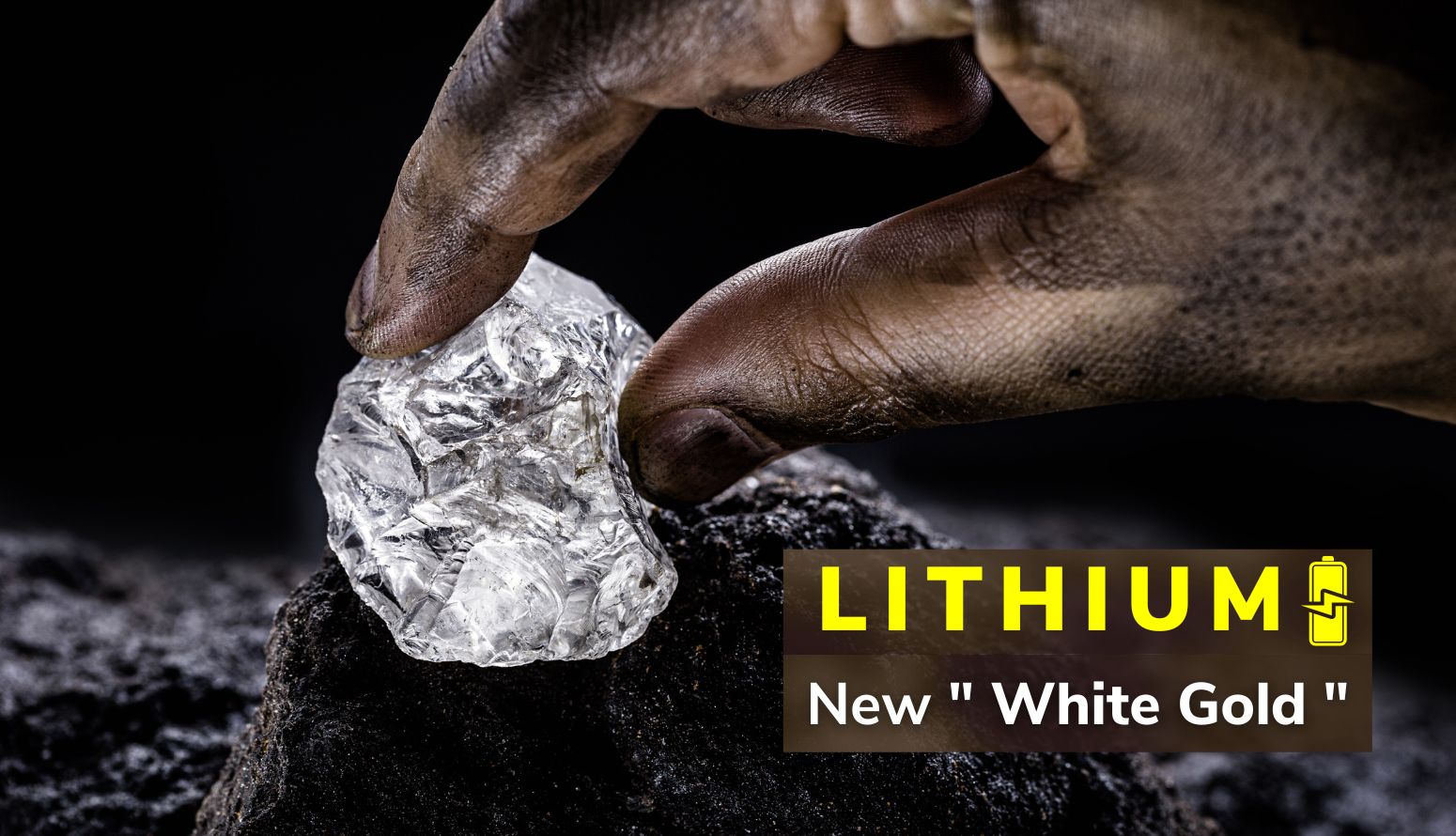
Lithium is a very important material for rechargeable batteries, which are used to power electric vehicles. However, it is difficult to find and most of it is located in a few places around the world, such as Bolivia, Argentina, and Chile. The US, Australia, and China control most of the world’s supply of lithium.
India is trying to become a net-zero economy, meaning it wants to produce as much clean energy as it uses. This is why it’s important for India to find its own sources of lithium. Without its own sources, India will have to depend on other countries to supply lithium, similar to how it depends on the Middle East for oil. This can lead to a lot of money going out of the country.
Lithium will benefit India’s EV industry
The electric vehicle industry in India is growing rapidly, with over a million units sold in 2022 alone. This growth means that there is a higher demand for batteries, which require a lot of lithium. Finding local sources of lithium can help reduce the cost of batteries, which is the most expensive part of an electric vehicle. This can make electric vehicles more affordable for people, which will encourage more people to buy them.

The Geological Survey of India (GSI) is working to find lithium reserves within the country. If they are successful, it can help India achieve self-sufficiency in the electric vehicle sector. This is a positive step towards a cleaner and greener future.
Lithium-ion Manufacturing Companies in India
Waaree ESS
Euclion Energy Private Limited
Bharat Power Solutions
Karacus Energy Pvt Ltd
Telemax India Industries Private Limited
Lithium-ion battery Price in India 2023
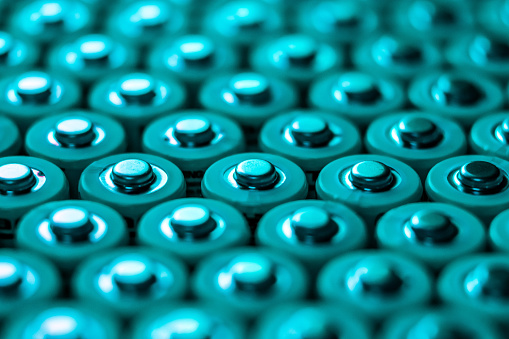
| Capacity | Price (INR) |
| 6Ah | 1,875 |
| 12Ah | 3,750 |
| 20Ah | 6,250 |
| 30Ah | 9,625 |
| 40Ah | 12,500 |
| 80Ah(1000Wh and 2000Wh) | 25,000/ 50,000 |
Writer’s Remark
The demand for electric vehicles is increasing rapidly in India. Finding local sources of lithium can help drive down the cost of batteries and make electric vehicles more affordable for people. It can also reduce India’s dependence on other countries for lithium, which is important for the country’s goal of becoming a net-zero economy.
Read More:- Top 10 Lithium Extraction Companies Around the World

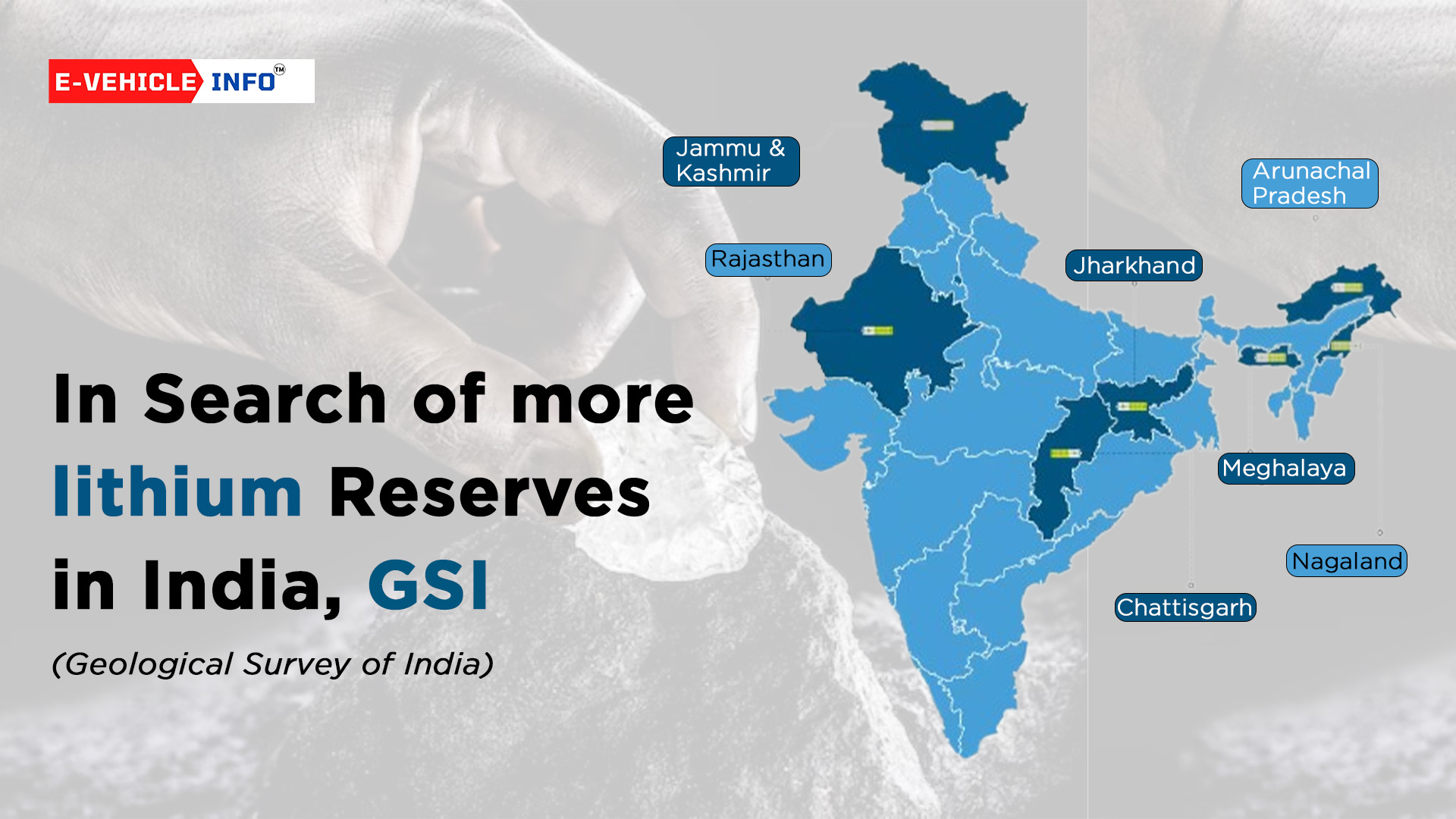






searching for bus
Lithium’s benefits are very high in battery technology field. It’s the future.